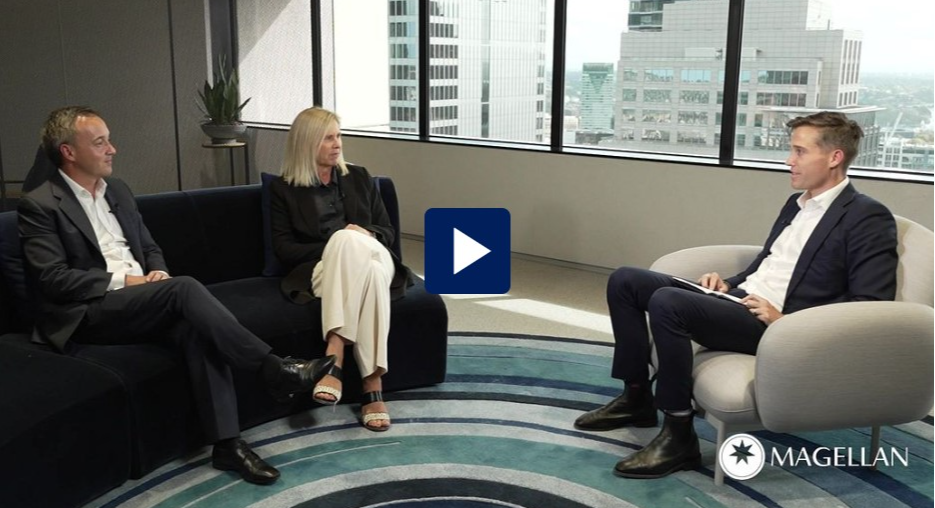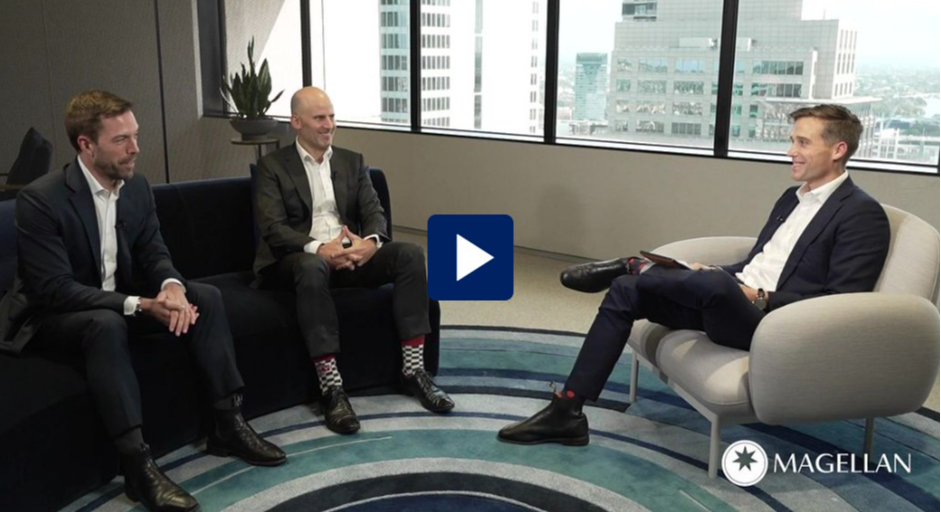by Tina Fong – Strategist
After hitting an all-time high at the start of the year, the S&P 500 has plunged into bear territory this week. As a rule of thumb, the so-called bear market is when there is a 20% or more continuous fall in the stock market from peak levels.
With central banks around world raising interest rates in response to very high inflation, investors are already worried about recession risks. Typically, economic downturns have been triggered by the tightening in monetary policy.
The Federal Reserve raised interest rates a further 0.75% on Wednesday (the biggest move since 1994), leading a round of hikes from central banks around the world as the Swiss National Bank hiked 0.5% and the Bank of England by a further 0.25%.
The sharp sell-off in the equity markets in the run up to and following these announcements has intensified fears of a hard economic landing. Such a gloomy market reaction has many times in the past foretold a coming recession – but not always (see table, below).
While we’re not currently forecasting a recession in the US, the risks are skewed towards one. Investors can take some comfort that recessions don’t necessarily follow a bear market. That said, the odds are not favourable looking back at history.
Since the 1900s, the US economy has only managed to avoid a recession 30% of the time when a bear market has occurred.

These periods have also typically been shorter in length, with losses less severe compared to bear territory episodes with recessions. For instance, the S&P 500 dropped more than 20% during Black Monday in October 1987, but the economy did not experience a recession. Computerised-driven trading models were largely blamed for the crash in stock market.
Looking ahead, the longer the sell-off lasts for and the deeper the fall in prices, particularly against a backdrop where the Fed is hiking interest rate, then the higher the risk a recession could be on the cards.
The Schroder Global Recovery Fund invests in a select portfolio of securities that are significantly undervalued relative to their long-term earnings potential. The Fund seeks to provide capital growth and to outperform the benchmark MSCI World (NDR) TR Index over the medium to long term.













